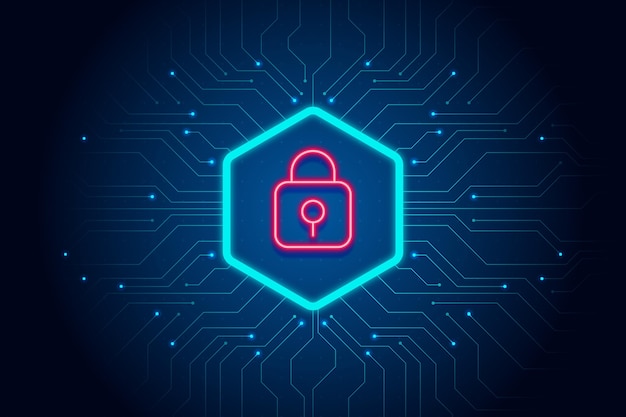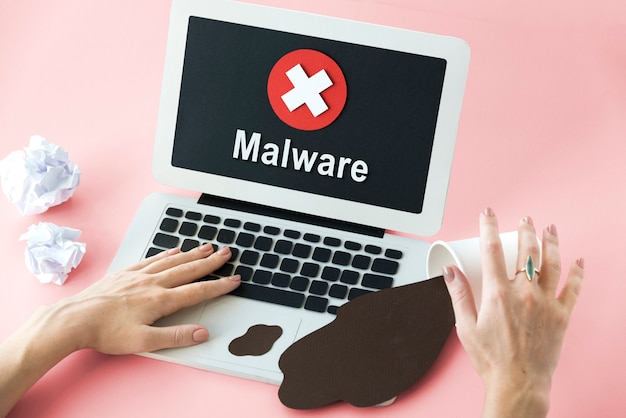Creating a website is a serious job. You need to take care of all the aspects, the communication, the visualisation, the SEO, and the security. Each aspect has its own benefits that make them necessary. However, security plays an important role; it gets neglected. Many business people are not aware of the vitality of the security presence in the website. A few of you may afford to compromise with the security, but the ones who have business or corporate websites can not sacrifice their website security.
Almost every day 30,000 websites come across cyber-attacks daily that affect businesses and their client database. We are sure that you do not want your confidential data and client records to be hacked by cybercriminals. These tips to secure a website are worth reading for you.
How To Improve Website Security
1. Give Your Website SSL Protection
SSL certificate is mandatory for websites that require customers’ banking or financial details. It gives extra security and assurance to the customers that their data is well encrypted and safe with the business website.
The best part is; SSL certificate is not expensive or difficult to grab for your website. You can easily get it through the providers and flaunt your website with HTTPS in the browser.

2. Update Your Password Regularly
You must have seen people using easy-to-guess passwords for years and becoming a victim of malicious cyber attacks. Take it as a lesson. Keep changing your password at least every 3 months. Moreover, do not put “easy to guess” passwords such as your phone numbers, date of birth, loved one’s name or number as a password as these are highly predictable passwords. If you still want to put them because such passwords are easy to remember, you can use random capitalisation and symbols to make it hard to guess.
3. Pay Attention To The Web Development Roles
Make sure you limit access to the website. The developer, you and the most required delegates should have access to the website. Exposure to many people can make your website security vulnerable.
Even if you share the roles with trusted people, what if someone’s device gets a virus or hacked? As a precautionary step, you must limit website access.

4. Avoid Spammers
While making a website, you expect people to visit the website and leave valuable comments but, what exactly you get in return are the spam comments to check their website or content. These spammers are using your platform to generate an audience for them. Not only this; they are degrading your brand image too, as the visitors may not trust a website with such bogus comments.
Moreover, Google doesn’t prefer websites with spam comments as the prior condition for good ranking is the user experience. If you have spam comments on the website, Google crawler will diminish your SEO ranking. Therefore, you must include a plan to deal with such spammers while creating a website.
If you are making a website on CMS like WordPress, you can install plugins that enable the auto filter for spam comments or seek your permission to update any comment on the website content. Otherwise, you must ask your developer to code the website accordingly to avoid spam comments easily.
5. Seek Protection From Denial Of Service (DDoS) Attacks
DDoS is the new way hackers are trying to play with the target websites. The hackers attempt to crash your server by sending innumerable fake requests that in turn reject all visitor requests and put the website offline. Moreover, they may try to access your website from the backend to put in malicious code.
You must opt for reputed and trusted brand hosting. They run regular pen testing that handles the security-related vulnerabilities and monitors the overall security system to avoid such attacks. If the problem still persists, make an investment in a DDoS mitigation service specially designed to handle DDoS attacks.

6. Decrease SQL Injection Vulnerabilities
SQL vulnerabilities are not too common but do exist. With this attack, the hacker can access your customers and visitors’ credit card numbers.
You can protect your data from SQL Injections through:
– Use parameterized queries to identify the difference between the code and the data.
– Use within the database stored procedures that are clearly defined and provided to users.
– Make sure, users have enough permission as per the requirement, not more than more.
– To detect unauthorised input, apply white list input validation.
7. Investment In Malware Detector Is A Wise Decision
Malware could be worse than you think. Cybercriminals attack your website, not intending to access your website only. They can access your customers’ systems too with just one malware attack.
Now you can think how worse it can be. Therefore, you must purchase a malware detector and keep scanning your website and computer systems to prevent malware attacks.

In The End…
Take care of the following things,
– Do not share your passwords with anyone
– Make regular backups of the website
– Store data on the cloud to reduce the chances of getting it lost
– Your website must enable CVV and AVS systems
– Bookmark this blog as a website security checklist to read through whenever required.
